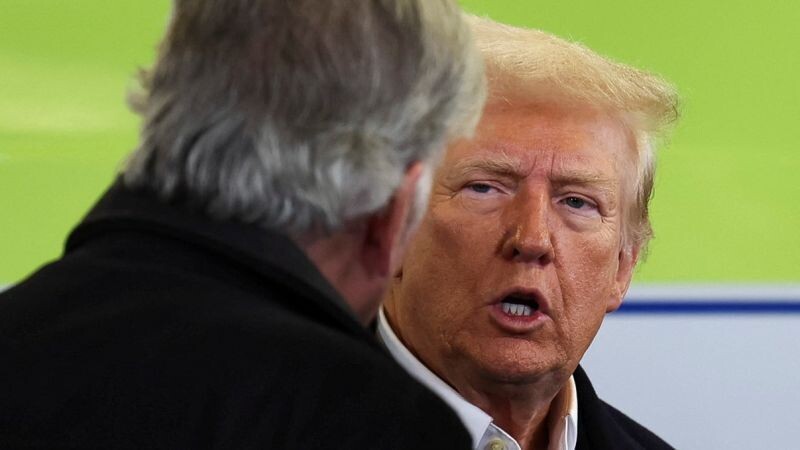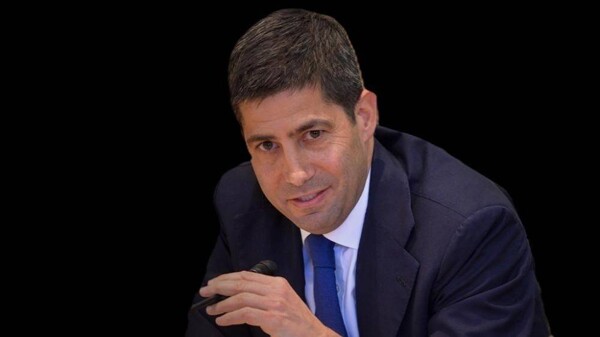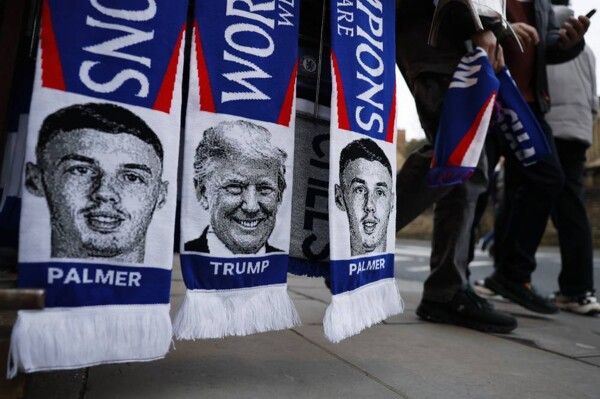
In his first days in office, the Republican president launched a series of raids that resulted in the deportation of over 500 people to their home countries. Among the more than 40 initiatives signed, the controversial decrees aimed at ending "woke" ideology stand out.
In his inauguration speech, Trump stated that he would only recognize two gender identities, male and female, and ended government programs related to "gender ideology." He revoked executive orders on racial equity and eliminated policies supporting disadvantaged communities.
Under the premise of strengthening borders and his motto "Make America Great Again," he declared a national emergency at the border with Mexico, authorized the use of military forces, and categorized certain criminal groups as terrorist organizations. Additionally, he eliminated an application that facilitated asylum requests and expressed his intention to tighten immigration policies.
He proposed reviewing the country's trade policies, implementing a possible universal tariff regime, and reducing inflation. He also declassified files on the assassinations of figures such as John F. Kennedy and Martin Luther King Jr.
On the international front, he renewed Cuba's designation as a state sponsor of terrorism and revoked measures taken by his predecessor on this matter. He signed an order to declassify documents regarding the assassinations of important figures in American history.
Furthermore, Trump ordered a return to in-person work for government employees, froze hiring, and withdrew the United States from international agreements such as the Paris Climate Agreement and the World Health Organization. He implemented measures to favor the expansion of fossil fuels and granted pardons to those convicted for the Capitol attack.
He also postponed the TikTok ban and urged respect for freedom of expression. With unusual firmness, Trump made a strong start to his term, revoking previous decisions and outlining his stance on various aspects of national and international policy.














